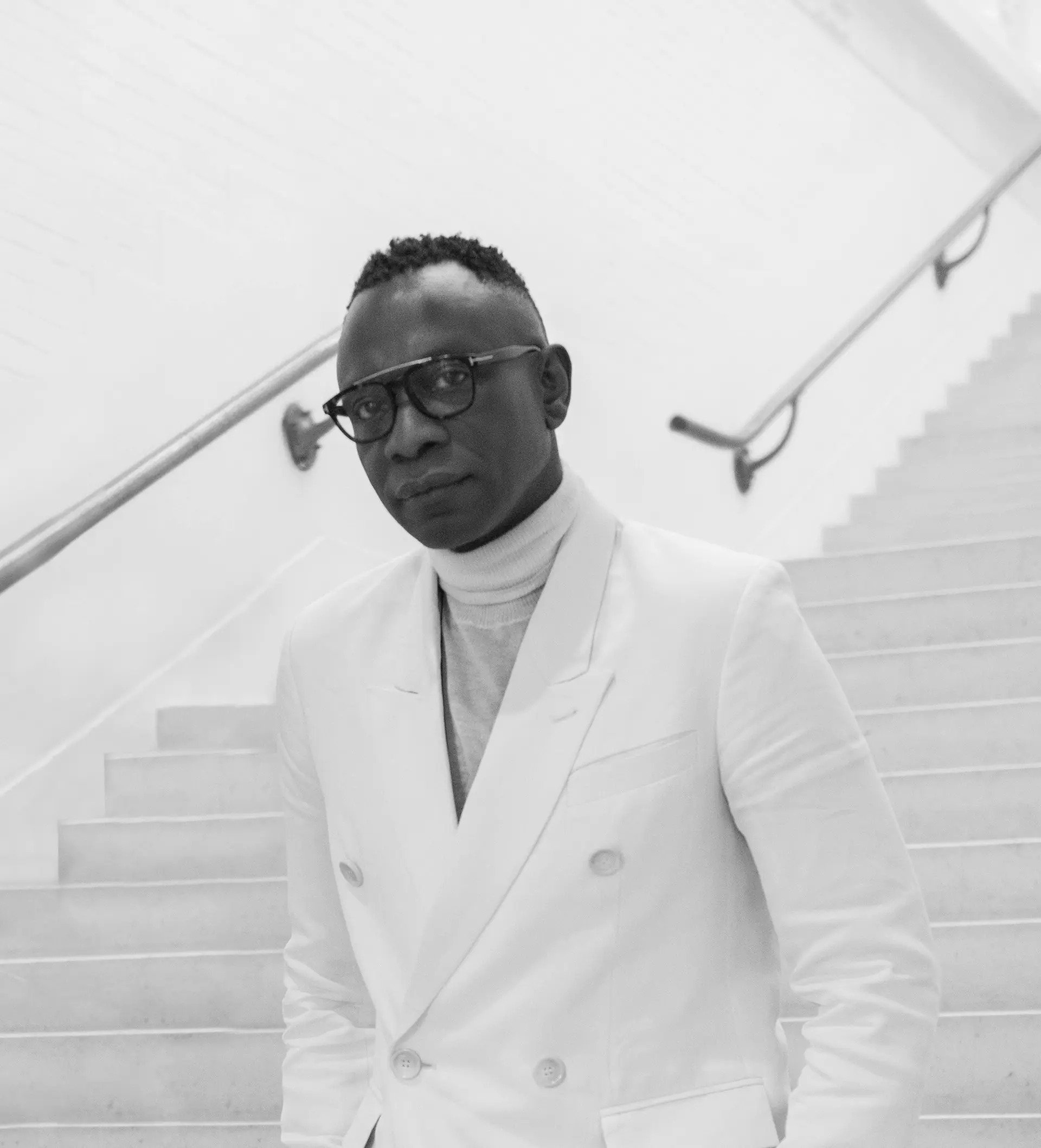
At the 2024 edition of the Venice Biennale, the Republic of Benin will present a national pavilion for the very first time.
Azu Nwagbogu, a curator and founder of the Nigeria-based non-profit African Artists’ Foundation (AAF), will organize the country’s inaugural pavilion. He was tapped by a joint selection committee that included Benin’s president Patrice Talon, the nation’s tourism minister Jean Michel Abimbola, and museum administrators from the National Gallery of Benin.
In a statement, Talon said that Nwagbogu’s “unique background, vision, and expertise in the field of art curation makes him the perfect candidate to showcase Bénin’s cultural heritage and contemporary art to the world.”
The West African country’s announcement situated its upcoming turn at Venice within Talon’s broader cultural policy agenda, which centers around efforts to restitute the many relics stolen from Kingdom of Benin by British soldiers in an infamous 1897 raid.
Last year, the president’s office organized “Art of Benin, yesterday and today, from restitution to revelation,” a traveling show that showed of recently-returned historical artifacts with work from contemporary Beninise artists. The exhibition first opened at the presidential palace in Cotonou, and has since moved to the Mohamed VI Museum of Modern and Contemporary Art in Rabat, Morocco, where it will remain on view through May of this year.
Nwagbogu, too, has been a vocal restitution proponent, speaking about the topic at international panels and forums in recent years. In 2020, he guest-edited an issue of Art Africa that cited AAF’s own efforts to turn “its gaze to the burning political, civic and aesthetic ramifications of restitution,” the Art Newspaper pointed out.
The curator also helped found the LagosPhoto photography festival in 2010 and served as the interim director and chief curator of the Zeitz Museum of Contemporary Art in South Africa from April 2018 to August 2019.
What Nwagbogu has planned for the Biennale has yet to be announced, but Benin’s news release said his “vision for the project is to contribute to the construction of the intellectual architecture that will allow Benin to sustain and deploy the great artistic potential that springs from its land and has traversed its various diasporas.”
The curator, for his part, said he felt “exceedingly honored” to be the committee’s choice. “I look forward to working on this exciting project,” he added.
With this week’s news, Benin joins the growing list of African countries to participate in the prestigious event. Cameroon and Namibia made their respective debuts at the 59th Venice Biennale last year, while Ghana and Madagascar first participated in 2019.
More Trending Stories: